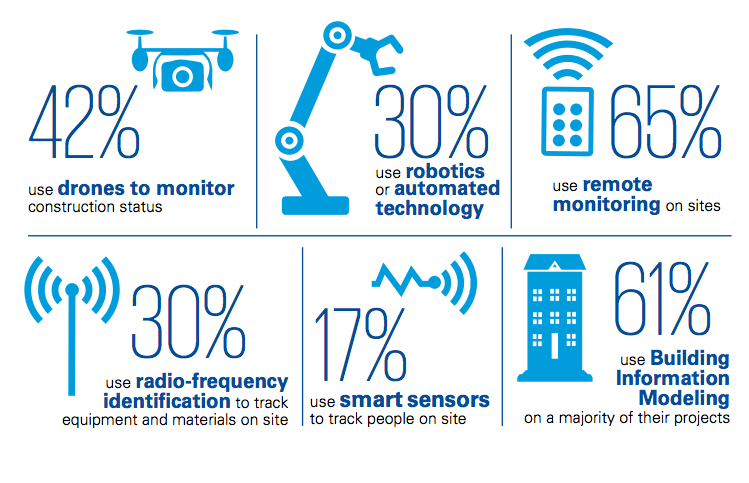A solid majority of respondents (61%) said their companies use building information modeling on projects.
On the bright side, 36% of construction executives surveyed said they felt construction has emerged from the recession and is starting to grow. Nearly a fourth (24%) said that things are looking up for all participants. Another 27% indicated that discrete segments are growing fast. Only 13% said they are seeing market declines or no growth in the past year.
Related Stories
| Aug 11, 2010
Sustainable Buildings as Teaching Tools: 4 Strategies for Integrating Buildings into Experiential Learning
4 Strategies for Integrating Buildings into Experiential Learning
| Aug 11, 2010
Morphosis builds 'floating' house for Brad Pitt's Make It Right New Orleans foundation
Morphosis Architects, under the direction of renowned architect and UCLA professor Thom Mayne, has completed the first floating house permitted in the U.S. for Brad Pitt’s Make It Right Foundation in New Orleans.The FLOAT House is a new model for flood-safe, affordable, and sustainable housing that is designed to float securely with rising water levels.
| Aug 11, 2010
McHugh completes ultra-lux Capella Telluride hotel in Colorado
James McHugh Construction Co. has completed the new Capella Telluride hotel and condominium resort in Telluride, Colo., the first U.S. property for the new ultra-luxury Capella Hotels brand. Positioned to compete with the elite levels of luxury brands, the Capella Telluride features complex stone, stucco and wood exterior, heavy timber construction, and an abundance of high-level finishes and amenities.
| Aug 11, 2010
Bovis Lend Lease, Webcor among nation's largest multifamily contractors, according to BD+C's Giants 300 report
A ranking of the Top 50 Multifamily Contractors based on Building Design+Construction's 2009 Giants 300 survey. For more Giants 300 rankings, visit http://www.BDCnetwork.com/Giants
| Aug 11, 2010
Turner edges out Perkins+Will for the top spot on BD+C's Top 200 Building Team LEED APs ranking
With 1,006 LEED Accredited Professionals on staff, Turner Construction took the top spot on Building Design+Construction’s 2009 ranking of AEC firms with the most LEED APs, published as part of the Giants 300 report. Turner added more than 580 LEED APs during the past year to surpass Perkins+Will, which held the top spot four years running.
| Aug 11, 2010
JE Dunn, Balfour Beatty among country's biggest institutional building contractors, according to BD+C's Giants 300 report
A ranking of the Top 50 Institutional Contractors based on Building Design+Construction's 2009 Giants 300 survey. For more Giants 300 rankings, visit http://www.BDCnetwork.com/Giants







